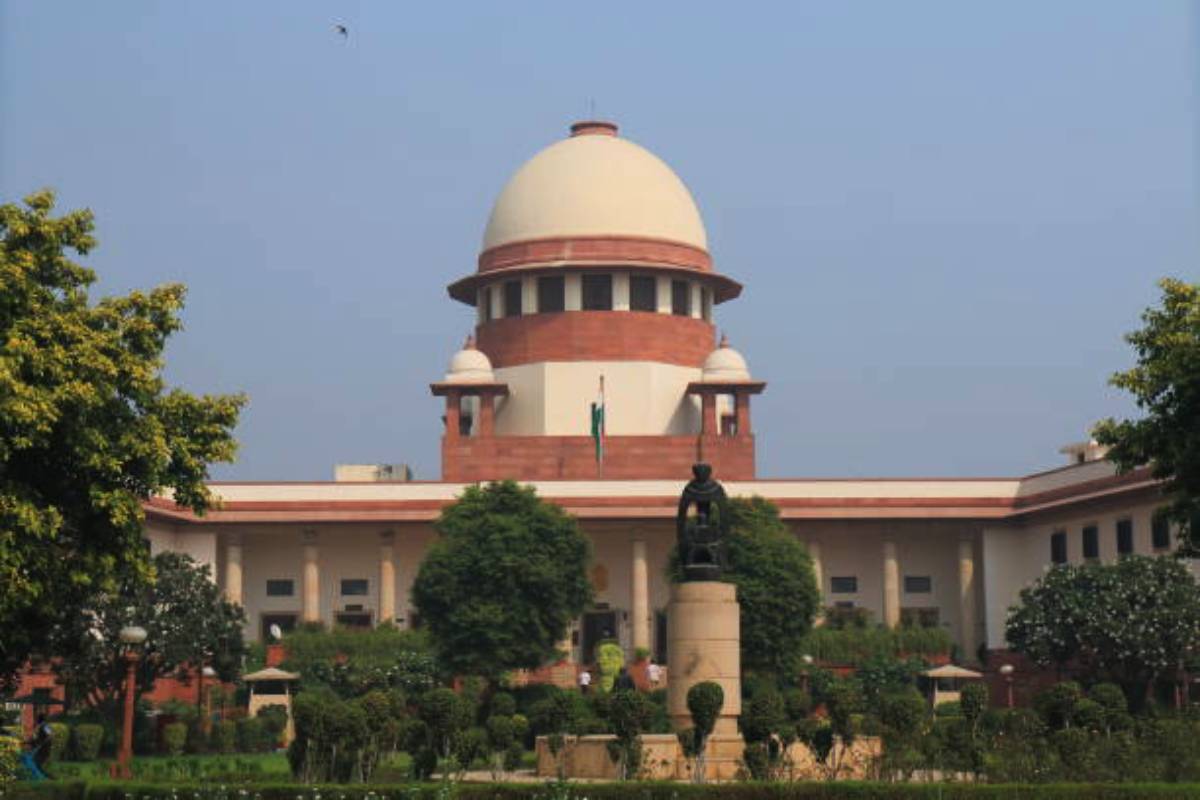Toxic air: SC refuses to relax GRAP-IV measures,
The apex court asked the CAQM to take a call on lifting online schooling.
The top court ruling came on a petition by the Centre and the Assam government seeking recall of the apex court’s 2011 order which had held that a mere membership of a banned organisation is not an offence.

Supreme Court of India
Reversing its over a decade old judgment that a mere membership of a banned organisation is not a criminal offence as long as the person does not indulge in unlawful activities, the Supreme Court on Friday affirmed the validity of the provision of the Unlawful Activities (Prevention) Act, 1967 which attributes criminality to memberships of a banned organisation.
A bench of Justice MR Shah, Justice CT Ravikumar and Justice Sanjay Karol upheld the validity of Section 10(a)(i) of the Unlawful Activities (Prevention) Act, 1967, which provides for penalty to a person who is or continues to be a member of a banned organisation attracting sentence which may extend to two years and fine as well.
The court today said that if a person continues the membership of an organisation, even after it is banned, he would be liable to be punished. The court said that mere membership of an unlawful association is sufficient to constitute an offence under UAPA.
Advertisement
The top court ruling came on a petition by the Centre and the Assam government seeking recall of the apex court’s 2011 order which had held that a mere membership of a banned organisation is not an offence.
The two-judge bench of Justice Markandey Katju and Justice Gyan Sudha Misra (both since retired) on February 3, 2011 had ruled that mere membership of a banned organisation will not make a person criminal unless he resorts to violence or incites people to violence.
Holding that Section 3(5) of the a Terrorist and Disruptive Activities (Prevention) Act, 10987 (since repealed) cannot be read literally otherwise it will violate Articles 19 and 21 of the constitution, the bench of Justice Katju and Justice Misra in their February 3, 2011, order had said, “Hence, mere membership of a banned organisation will not make a person a criminal unless he resorts to violence or incites people to violence or creates public disorder by violence or incitement to violence. Hence, the conviction of the appellant under Section 3(5) of the TADA is also not sustainable.”
The top court in 2011 had relied on three judgments of the United States Supreme Court which had rejected the doctrine of ‘guilt by association’ saying that were applicable to India as well, as the fundamental rights under the Indian constitutions were similar to the Bill of Rights in the U.S. Constitution.
On February 3, 2011, the Supreme Court had acquitted a suspected ULFA member Arup Bhuyan, who was held guilty by a Terrorist and Disruptive Activities (Prevention) Act (TADA) court on the basis of his alleged confessional statement before the Superintendent of Police, Assam.
Advertisement